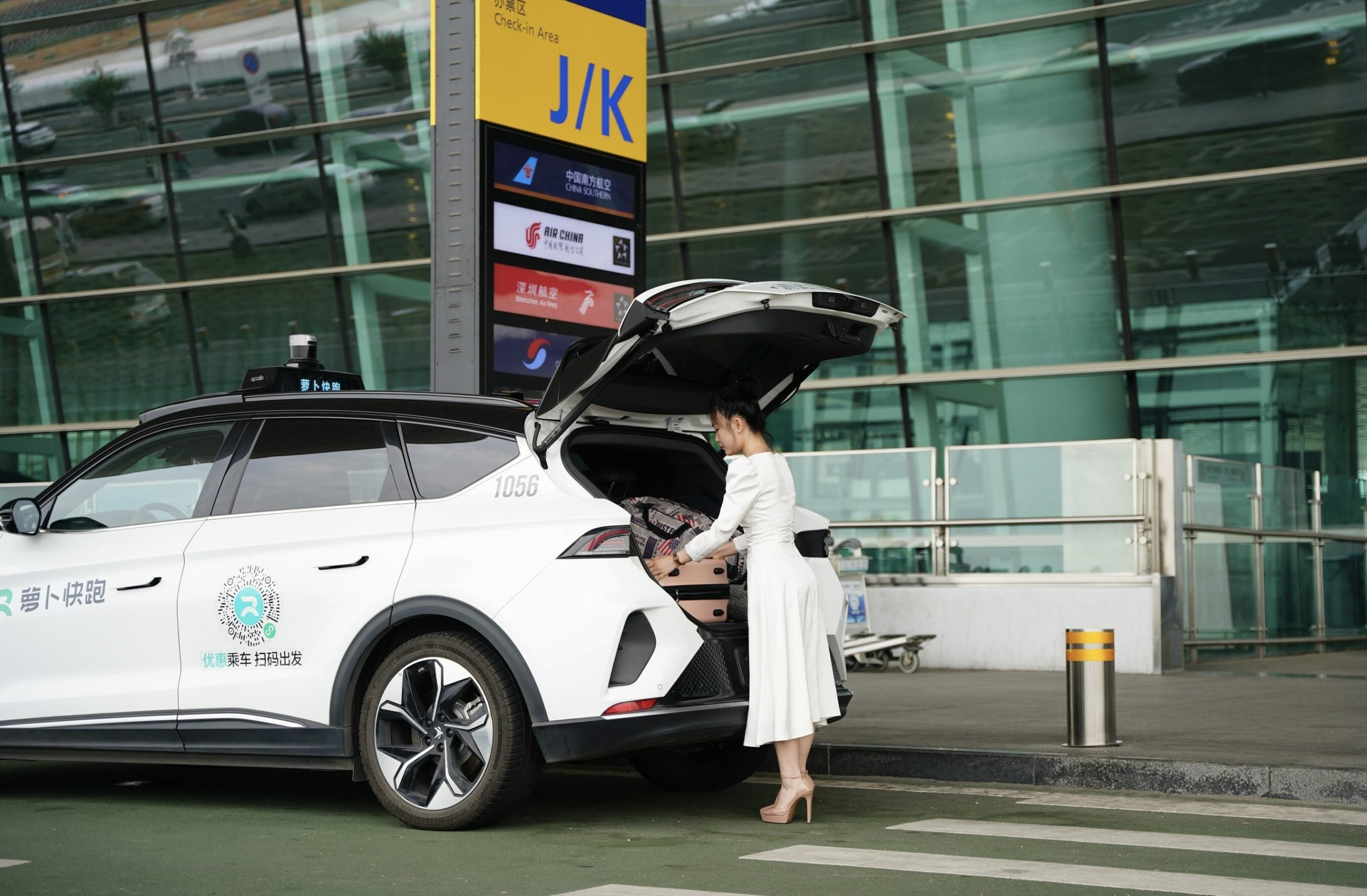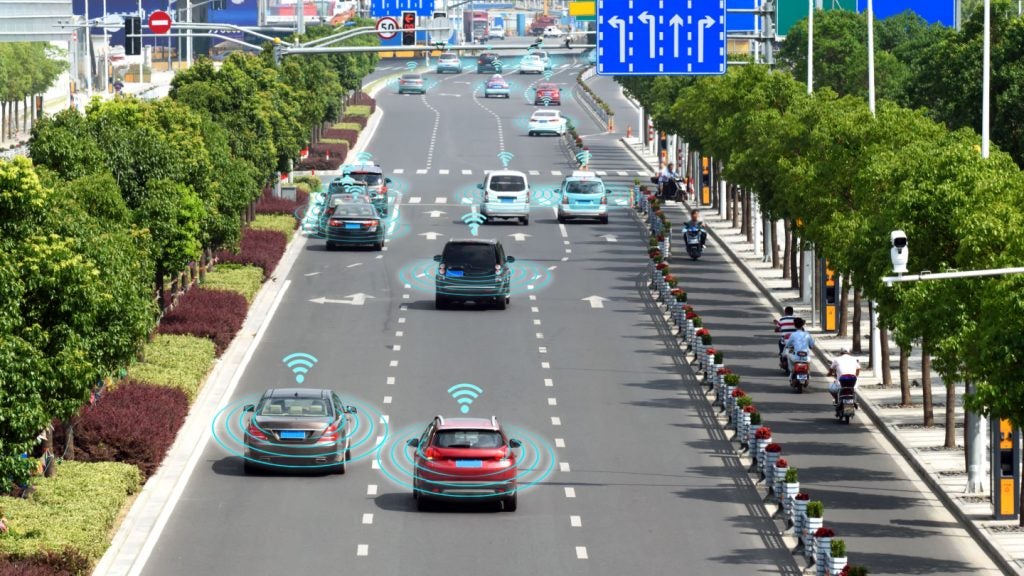
Chinese Internet giant Baidu has announced the expansion of Apollo Go, its autonomous ride-hailing platform, to expand its driverless car service to cover Wuhan Tianhe International Airport.
The company says it marks the first time in China that an autonomous ride-hailing service has been established between urban areas and an airport, as well as the first instance of Chinese autonomous vehicles connecting both urban roads and highways. The service is currently offered to selected Apollo Go users by invitation, and will be made available to the general public in September.
The expansion of Apollo Go’s operation area to Wuhan Tianhe Airport is a significant step towards pioneering driverless airport transportation in China. It also means Baidu has now unlocked more challenging operation scenarios for its robotaxi fleet, making autonomous ride hailing service more accessible to the public.
Baidu says the significant number of passengers traveling through Wuhan’s Tianhe Airport provides a strong foundation for the further growth of Baidu Apollo. Located 25 kilometers from the center of Wuhan, Tianhe Airport is one of China’s eight major regional hub airports. This year, Wuhan Tianhe International Airport has transported a total of 125,000 international regional passengers, placing it first in the central China region. The airport’s daily flight limit has increased from 700 to approximately 1000 flights, making it the leader in flight scheduling capacity in the central China region and one of the top airports nationwide.
Following the expansion to cover the airport area, Apollo Go will continue to expand its presence in Wuhan, with plans to bring its services to the city’s Jingkai District, Hanyang District, East and West Lake District, Qiaokou District, and other core areas of the Jiangbei area in the future.
In the second quarter of this year alone, Apollo Go provided 714,000 rides, a 149% YoY increase. Baidu and Apollo Go are advocating for the widespread application of fully autonomous vehicles. Baidu’s fully driverless robotaxi fleet is now operating in five cities, including Beijing, Shenzhen, and Wuhan. It says it is the first company to conduct completely fully autonomous driving commercial operations and testing in multiple cities throughout the country.






